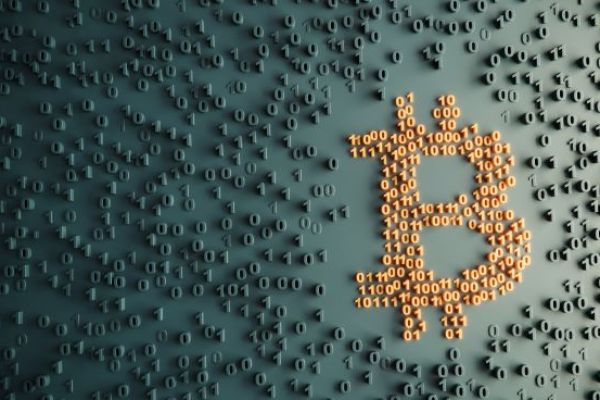Cryptology is a matter for scientists too

"The study of hidden or secret systems, codes and languages". This is the succinct entry for the term cryptology in the dictionary of the Spanish Royal Academy, which also reserves a space for cryptography, the "art of writing in a secret code or in an enigmatic fashion".
From these two definitions it is easy to deduce that we are talking about long-established disciplines: all civilisations have had an interest in keeping secret codes. It may be that the growth of blockchain and bitcoin have put things all things crypto – from kruptos, meaning hidden in classic Greek – centre stage, but it is not an invention, much less one from the 21st century, nor is it associated with the business and financial world.
Historically, cryptology evolved in a very different environment from that of money: the military world. There are examples of cryptology being used, for example, in militarised Sparta, the religious wars of sixteenth-century France and the Crimean War. But the greatest development of cryptography in the military sphere occurred in the first half of the twentieth century, as a result of the two world wars.
The use of cryptography was in fact so significant in the period that it is considered to have changed the course of World War II, when the Allies were able to crack the codes of Enigma, the machine used by Nazi Germany for its maritime communications in the north Atlantic. This feat was achieved by a specialised team that included the British mathematician Alan Turing, considered the father of modern cryptology.
Turing's profile – which was raised by the 2014 film The Imitation Game – is in keeping with the archetype of the academic and scientist behind the development of modern cryptology. They are experts in computer sciences, mathematics, logic, physics... Claude Shannon, an American mathematician and engineer whose research on coding was also used against Nazi Germany, likewise played a key role in furthering these areas of knowledge.
In the last quarter of the twentieth century, the focus on cryptology switched, to some degree, from the military (and consequently public) to the business sphere, coinciding with the boom in information technology. As a result, the great 'gurus' still active in cryptography added a greater specialisation in computer science to these competencies. Two such key figures are Phil Zimmermann, who in 1991 invented PGP (Pretty Good Privacy), the world's first widely-used email software, and Nick Szabo, who developed a digital currency that was a precursor to bitcoin and proposed the concept of smart contracts on blockchain.
A gathering about cryptology
As a result, computer experts are now centre stage in the study of cryptology, a booming business, scientific and academic discipline that attracts a wide range of technical profiles. A good example is the Central European Conference on Cryptology (CECC), which takes place from 23 to 25 June at the Faculty of Informatics of the University of Debrecen, in Hungary. It is the twentieth edition of an event first held when bitcoin did not even exist, illustrating that cryptology is far more than merely a fad.
CECC 2021 will feature presentations on themes such as steganography (the technique of hiding secret data within an ordinary, non-secret, file or message in order to avoid detection), cryptocurrencies and the impact of quantum computing on the future of cryptography. This is one of the big issues on the agenda of scientific experts, because quantum computing puts cryptography as we know it at risk. The struggle to conceal and decode messages seems to be never-ending: while the tools and approaches change, scientific interest remains keen.



.webp)

